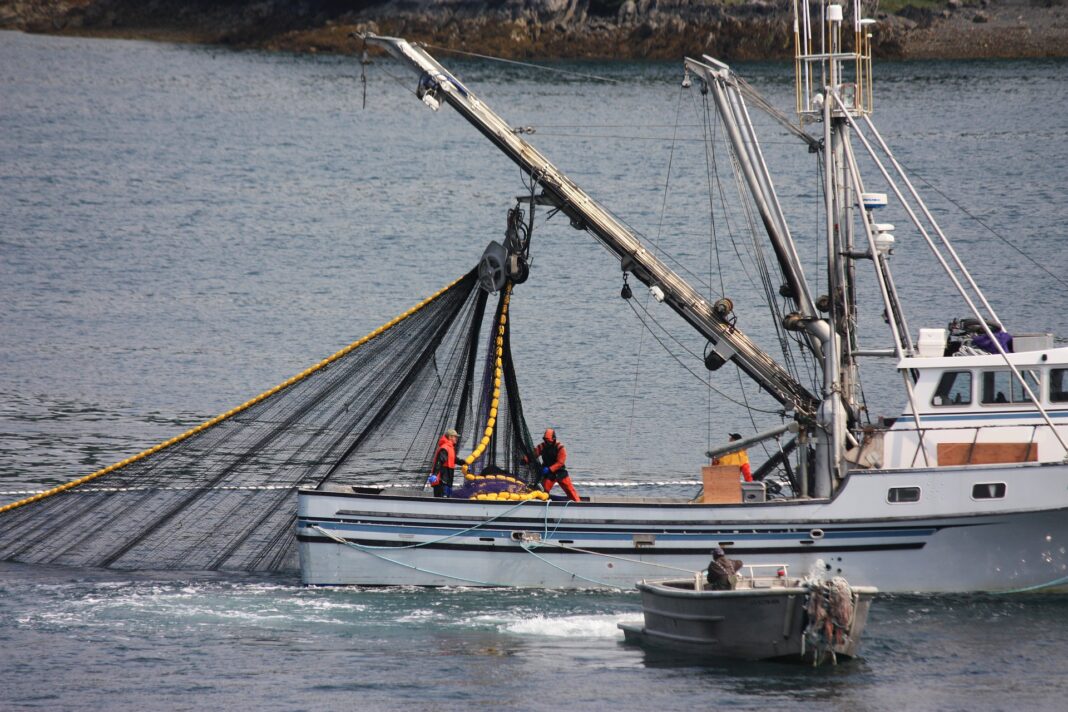The rise of China over the last several decades has been accompanied by adverse impacts on the global environment, ranging from plastic pollution and destruction of the world’s forests to emissions of climate-changing greenhouse gases. The world’s fisheries have also suffered the effects of China’s rise.
Those fisheries are in crisis. According to the United Nations, almost 90 percent of marine fish stocks are “fully exploited, overexploited or depleted.” The global fish catch has been declining since the 1980s, coinciding with a rapid growth in China’s distant-water fishing fleet. That fleet devastates marine ecosystems, harms poor countries and creates insecurity.
One-third of global fish consumption can be attributed to China. At about 38 kilograms, its per capita annual consumption is relatively high by world standards – many times that of most developing countries and far above many major developed countries, including the United States. At over 70 kilograms, Hong Kong’s annual consumption per person is among the highest in the world (nearly triple that of the United States).
Almost 40 percent of wild-caught fish used by China are imported. Two-thirds of Hong Kong’s fish consumption, including of threatened species, come from imports.
China’s fisheries production increased substantially starting in the 1970s and then extensively in the 1990s. Today, China is by far the largest “consumer of life in the ocean,” the world’s largest producer and exporter of fish, and the third-largest importer.
It is difficult to ascertain the precise quantity of fish caught by Chinese vessels. Official statistics over-report the domestic catch, likely so that officials can claim to have achieved production objectives, and “substantially under-report” the distant-water catch, probably to avoid exceeding quotas agreed with foreign governments. Nevertheless, it is clear that China catches more fish than any other country, probably at least 15 percent of the global total, double the take of the two countries with the next biggest catches. For some species, China’s take is far higher. For example, it is responsible for nearly 70 percent of the global catch of squid.

